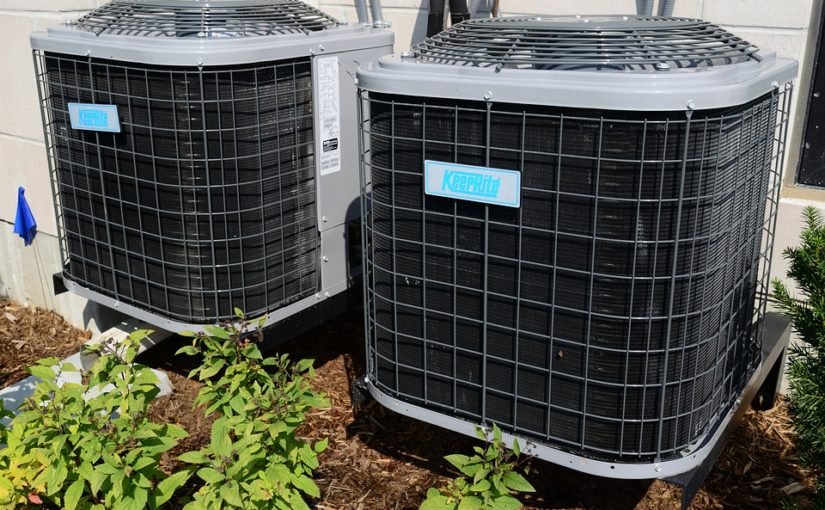The average HVAC system lasts about 10 to 20 years. Therefore, if you have a home that is 20 years or older, it may be time to consider a new HVAC system. Besides upgrading your HVAC system because “it’s time,” there are a number of other smart reasons to give your old home a new heating and cooling solution. Below are 4 reasons to upgrade your HVAC system in your older home.
Save Money on Electric Bills
In many cases, your HVAC system will be the largest contributor to your electric bill. As HVAC systems get older, they become less efficient. When you upgrade your HVAC system, you will have a heating and cooling solution that will work faster and lower your electric bill. In the long run, your HVAC system will essentially pay for itself.
Increase the Value of Your Home
As your home gets older, you will want to make upgrades in order to maintain or increase the value of your home. Since older homes don’t have modern HVAC systems, you can really increase the value of your home with a late model heating and cooling system. In fact, a newer HVAC system can help make your home much more attractive if you ever decide to sell.
Prevent Large Repair Bills
As HVAC systems get older, they will require more frequent maintenance and more costly repairs down the road. In fact, HVAC services can run into the hundreds or even thousands of dollars if the older HVAC system requires a major repair. By replacing the entire system, you won’t have to worry about frequent maintenance and repair bills.
Reduce Downtime on Your HVAC System
Every once in a while, an HVAC system will simply breakdown. That means that your older home may have to go hours or even days before the system can be repaired. This could be a great hardship if your HVAC system goes down during the middle of the summer or the dead of winter. By upgrading your HVAC system, you will greatly reduce the chance that your HVAC system will break down when you need it most.
Upgrading your HVAC system can be one of the best investments that you can make on your older home. In addition to saving money every month on your electric bill, upgrading your HVAC system can also increase the value of your home, reduce your maintenance bills, lower your repair bills and decrease the amount of downtime on your HVAC system. Consult with a number of HVAC professionals before deciding on which system you want in your home.





